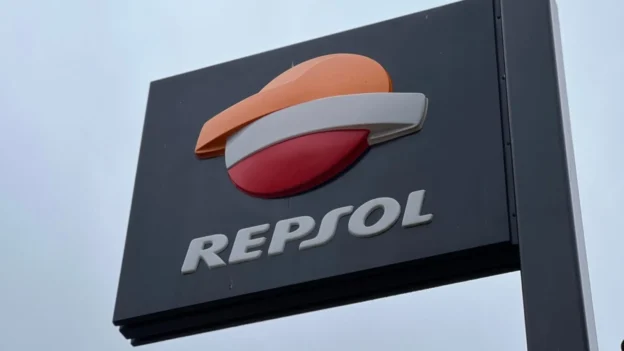Repsol has begun production of 100% renewable gasoline on an industrial scale at its Tarragona facility, marking a decisive step in its strategy to decarbonize road transport. This fuel, called Nexa 95, is formulated entirely from renewable raw materials and is already being distributed at service stations in Madrid and Catalonia.
The breakthrough, the result of more than two decades of research, makes it possible to use this fuel in conventional vehicles without modifying engines or refueling infrastructure. In addition, it reduces net CO₂ emissions by more than 70% compared to traditional gasoline.
Industrial-scale renewable gasoline production
The new product is designed to be functional in 97% of the European vehicle fleet, which is mainly made up of thermal and hybrid vehicles. This contrasts with the European timetable that proposes to ban the sale of combustion-engine cars from 2035, a measure that Repsol says could be reconsidered in light of these developments.
In parallel, the company plans to expand its distribution network: Nexa 95 is expected to be available in 30 service stations by the end of the year, including cities such as Zaragoza, Valencia and Bilbao.
Technological investment and international collaboration
This development has been possible thanks to the joint work between Repsol scientists and the technology company Honeywell. The specific gasoline formulation was designed at the Repsol Technology Lab, maximizing engine efficiency and minimizing waste.
Tarragona thus joins the Cartagena plant, which produces diesel and sustainable aviation fuels, and precedes the future facility in Puertollano, with a capacity of 200,000 tons per year.
Towards a diversified energy model
Repsol proposes an inclusive energy transition, incorporating not only electrification, but also renewable fuels, hydrogen and AutoGas. This approach seeks to secure supply, adapt to the real needs of the vehicle fleet and effectively reduce emissions.
From the private sector, the company has supply agreements with major players in heavy and maritime transport, including companies such as Scania, Alsa, Royal Caribbean and logistics operators linked to Coca-Cola and Seat.
Source: Repsol
Photo: Shutterstock

